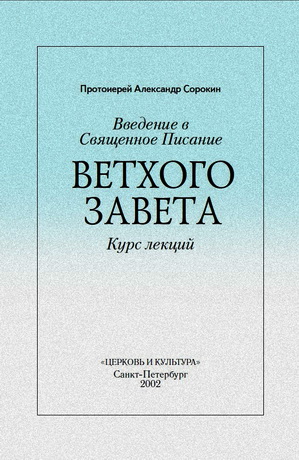
Moltmann – Theology of Hope
Eschatology was long called the ‘doctrine of the last things’ or the ‘doctrine of the end’. By these last things were meant events which will one day break upon man, history and the world at the end of time. They included the return of Christ in universal glory, the judgment of the world and the consummation of the kingdom, the general resurrection of the dead and the new creation of all things. These end events were to break into this world from somewhere beyond history, and to put an end to the history in which all things here live and move. But the relegating of these events to the ‘last day’ robbed them of their directive, uplifting and critical significance for all the days which are spent here, this side of the end, in history. Thus these teachings about the end led a peculiarly barren existence at the end of Christian dogmatics. They were like a loosely attached appendix that wandered off into obscure irrelevancies. They bore no relation to the doctrines of the cross and resurrection, the exaltation and sovereignty of Christ, and did not derive from these by any logical necessity. They were as far removed from them as All Souls’ Day sermons are from ester. The more Christianity became an organization for discipicship under the auspices of the Roman state religion and persistently upheld the claims of that religion, the more eschatology and its mobilizing, revolutionizing, and critical effects upon history as it has now to be lived were left to fanatical sects and revolutionary groups. Owing to the fact that Christian faith banished from its life the future hope by which it is upheld, and relegated the future to a beyond, or to eternity, whereas the biblical testimonies which it handed on are yet full to the brim with future hope of a messianic kind for the world, — owing to this, hope emigrated as it were from the Church and turned in one distorted form or another against the Church.
In actual fact, however, eschatology means the doctrine of the Christian hope, which embraces both the object hoped for and also the hope inspired by it. From first to last, and not merely in the epilogue, Christianity is eschatology, is hope, forward looking and forward moving, and therefore also revolutionizing and transforming the present. The eschatological is not one element of Christianity, but it is the medium of Christian faith as such, the key in which everything in it is set, the glow that suffuses everything here in the dawn of an expected new day. For Christian faith lives from the raising of the crucified Christ, and strains after the promises of the universal future of Christ. Eschatology is the passionate suffering and passionate longing kindled by the Messiah. Hence eschatology cannot really be only a part of Christian doctrine. Rather, the eschatological outlook is characteristic of all Christian proclamation, of every Christian existence and of the whole Church. There is therefore only one real problem in Christian theology, which its own object forces upon it and which it in turn forces on mankind and on human thought: the problem of the future. For the element of otherness that encounters us in the hope of the Old and New Testaments - the thing we cannot already think out and picture for ourselves on the basis of the given world and of the experiences we already have of that world - is one that confronts us with a promise of something new and with the hope of a future given by God. The God spoken of here is no intra-worldly or extra-worldly God, but the ‘God of hope’ (Rom. 15.13), a God with ‘future as his essential nature’ (as E. Bloch puts it), as made known in Exodus and in Israelite prophecy, the God whom we therefore cannot really have in us or over us but always only before us, who encounters us in his promises for the future, and whom we therefore cannot ‘have’ either, but can only await in active hope. A proper theology would therefore have to be constructed in the light of its future goal. Eschatology should not be its end, but its beginning.
But how can anyone speak of the future, which is not yet here, and of coming events in which he has not as yet had any part? Are these not dreams, speculations, longings and fears, which must all remain vague and indefinite because no one can verify them? The term ‘eschato- logy ’ is wrong. There can be no ‘doctrine’ of the last things, if by ‘doctrine’ we mean a collection of theses which can be understood on the basis of experiences that constantly recur and are open to anyone. The Greek term logos refers to a reality which is there, now and always, and is given true expression in the word appropriate to it. In this sense there can be no logos of the future, unless the future is the continuation or regular recurrence of the present. If, however, the future were to bring something startlingly new, we have nothing to say of that, and nothing meaningful can be said of it either, for it is not in what is new and accidental, but only in things of an abiding and regularly recurring character that there can be logical truth. Aristotle, it is true, can call hope a ‘waking dream’, but for the Greeks it is nevertheless an evil out of Pandora’s box.
But how, then, can Christian eschatology give expression to the future? Christian eschatology does not speak of the future as such. It sets out from a definite reality in history and announces the future of that reality, its future possibilities and its power over the future. Christian eschatology speaks of Jesus Christ and his future. It recognizes the reality of the raising of Jesus and proclaims the future of the risen Lord. Hence the question whether all statements about the future are grounded in the person and history of Jesus Christ provides it with the touchstone by which to distinguish the spirit of eschatology from that of utopia.
Jürgen Moltmann – Theology of Hope - On the Ground and the Implications of a Christian Eschatology
New York – Evanston: Harper & Row Publishers, 1967. – 344 p.
Jürgen Moltmann – Theology of Hope – Contents
Preface
Abbreviations
INTRODUCTION: MEDITATION ON HOPE
- 1. What is the ‘Logos’ of Christian Eschatology?
- 2. The Believing Hope
- 3. The Sin of Despair
- 4. Does Hope Cheat Man of the Happiness of the Present?
- 5. Hoping and Thinking
I. ESCHATOLOGY AND REVELATION
- 1. The Discovery of Eschatology and its Ineffectiveness
- 2. Promise and Revelation of God
- 3. Transcendental Eschatology
- 4. The Theology of the Transcendental Subjectivity of God
- 5. The Theology of the Transcendental Subjectivity of Man
- 6. ‘Progressive Revelation’ and the Eschatology of Salvation History
- 7. ‘History’ as Indirect Self-revelation of God
- 8. The Eschatology of Revelation
II. PROMISE AND HISTORY
- 1. Epiphany Religions and Faith in Terms of Promise
- 2. The Word of Promise
- 3. The Experience of History
- 4. Revelation and Knowledge of God
- 5. Promise and Law
- 6. Promise in the Eschatology of the Prophets
- 7. The Historifying of the Cosmos in Apocalyptic Eschatology
III. THE RESURRECTION AND THE FUTURE OF JESUS CHRIST
- 1. Gospel and Promise
- 2. The God of the Promise
- 3. Paul and Abraham
- 4. Fulfilment Ecstasy in Primitive Christianity and the eschatologia crucis
- 5. The ‘Death of God’ and the Resurrection of Christ
- 6. The Historical Question of the Resurrection of Christ and the Questionableness of the Historical Approach to History
- 7. The Approach of Form-Criticism to the Easter Narratives and the Questionableness of its Existentialist Interpretation
- 8. The Eschatological Question as to the Future Horizon of the Proclamation of the Risen Lord
- 9. The Identity of the Lord who Appears as Risen with the Crucified Christ
- 10. The Future of Jesus Christ
- 11. The Future of Righteousness
- 12. The Future of Life
- 13. The Future of the Kingdom of God and of the Freedom of Man
- 14. Summary and Review
IV. ESCHATOLOGY AND HISTORY
- 1. Criticism and Crisis
-
THE ‘SOLVED RIDDLE OF HISTORY’:
- 2. The Historical Method
- 3. Historical Heuristics
- 4. Historiology
- 5. Eschatology of History - Philosophic Millenarianism
- 6. ‘Death and Guilt as Driving Forces of the Historical Outlook
- 7. The Peculiarity of the Historian’s Universal Concepts
-
8. The Hermeneutics of Christian Mission
- 1. The Proofs of God and Hermeneutics
-
2. Mission and Exposition
- (a) The Hermeneutics of the Apostolate
- (b) ‘The Humanizing of Man in the Missionary Hope
- (c) The Historifying of the World in the Christian Mission
- (d) The Tradition of the Eschatological Hope
V. EXODUS CHURCH
-
Observations on the Eschatological Understanding of Christianity in Modern Society
- 1. Modern Society and the Cult of the Absolute
- 2. Religion as the Cult of the New Subjectivity
- 3. Religion as the Cult of Co-humanity
- 4. Religion as the Cult of the Institution
- 5. Christianity within the Horizon of the Expectation of the Kingdom of God
- 6. The Calling of Christians in Society
Index of Names
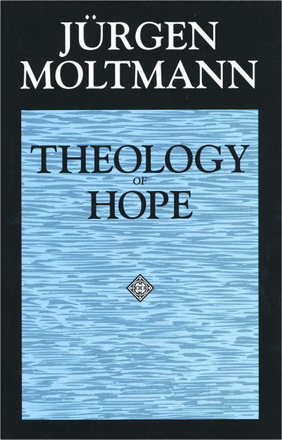
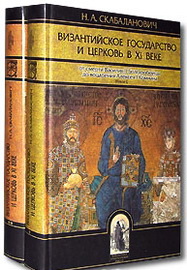
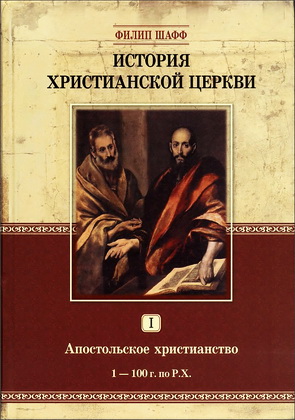
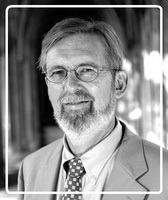
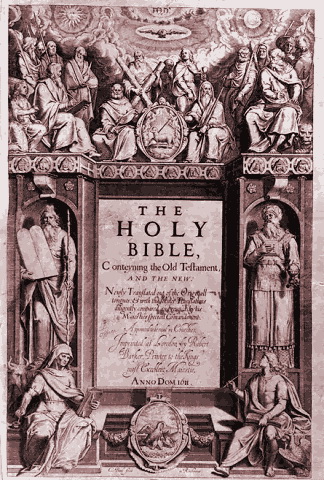
Комментарии
Пока нет комментариев. Будьте первым!